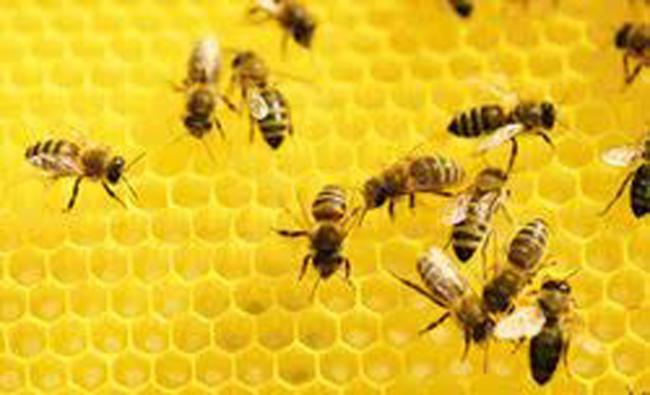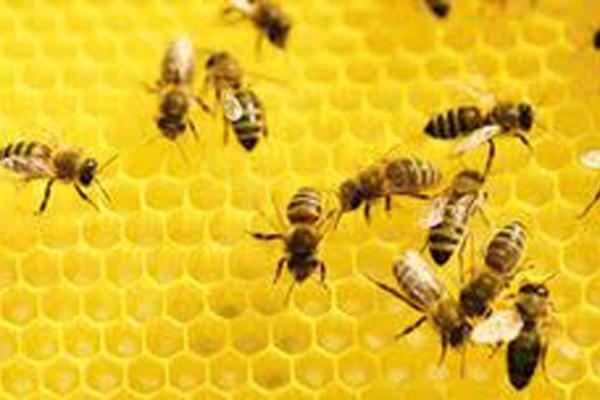BeeOShield: an innovative biomolecular defence against bee parasites

The BeeOShield project aims to demonstrate for the first time in Europe, the effectiveness of dsRNAs in contrasting the major bee parasites. Thanks to this project, we aim to achieve a natural balance of the colonies and to safeguard bees with a method compatible with times, standards and production techniques of beekeeping companies. The expected benefits for the farms are three: i) improvement of the health status of bees with attention to increased productivity of honey and related products ii) greater productivity of crops that need bees for pollination iii) safeguarding of biodiversity.
The project activities are divided into four main categories:
1) Management and coordination of the operating group (GO) BeeOShield;
2) Experimental activities, field tests and laboratory analysis;
3) Dissemination activities;
4) Training activities.
The core of the project are the experimental activities of the pilot project aimed at testing the effectiveness in the field of particular biomolecules (dsRNA) in countering the main bee parasites.
The bees, together with the other pollinators, through the pollination of flowers, carry out fundamental and free ecosystem and agricultural services, without which there would be no agriculture, and in particular the cultivation of entomophilous plants (whose pollination takes place by insects ). In recent years, in some Member States, the number of colonies has even decreased by more than 50% (C.E. data). Autumn and winter losses contribute to the weakening of the colonies and the decline in honey production, which can even reach 50% in some Member States, and even 100% in certain regions. The increase in bee mortality forces beekeepers to buy new colonies more regularly, which leads to increased production costs. Since 2002 the cost of a colony is at least quadrupled and the replacement of a colony of bees often causes a drop in production in the short and medium term, since the new colonies are less productive in the initial phase. The increase in mortality of honey bees and wild pollinators currently observed in Europe is worrying, taking into account its negative repercussions on agriculture, biodiversity and ecosystems. This increase in mortality is caused by multiple stress factors, which vary according to the geographical area, local characteristics and climatic conditions. These factors include the severe impact of invasive species such as the Varroa destructor mite, as well as pathogens such as Nosema spp. and of viruses (including the deformed wing virus, DWV) that still cause numerous cases of health problems and losses during the active season until winter.
The BeeOShield project aims to i) demonstrate for the first time in Europe the effectiveness and applicability of dsRNAs in the fight against the major bee parasites; ii) disseminate knowledge and awareness to citizens and professionals about the application in agriculture of this new therapeutic approach, totally organic and environmentally sustainable. The dsRNAs are small biological molecules that, by exploiting a molecular mechanism naturally present in all living cells, are able to "down-regulate" the target genes in a completely specific way and without making permanent changes to the genetic material. In this way, as recently demonstrated in laboratory tests, by administering specific dsRNAs to the bees, it is possible to i) block the replication of viruses, ii) block the replication of parasitic fungi such as Nosema spp., Iii) reduce the proliferation of ectoparasites such as Varroa destructor. With the BeeOShield project we want to demonstrate for the first time in Europe the effectiveness in the field of dsRNAs as a means of combating the main pests of the aforementioned bees and thus transfer the knowledge acquired from research directly to the field for the benefit of farms and more indirectly of all citizens.
| Titolo/Descrizione | Url | Tipologia |
|---|---|---|
|
Sito del Progetto BeeOshield
|
Sito web
|
|
|
Project presentation, video
|
Link ad altri siti che ospitano informazioni del progetto
|
|
|
Project presentation, video
|
Link ad altri siti che ospitano informazioni del progetto
|
|
|
Project presentation, video
|
Link ad altri siti che ospitano informazioni del progetto
|
|
|
Project presentation, video
|
Link ad altri siti che ospitano informazioni del progetto
|
|
|
Facebook Page
|
Link ad altri siti che ospitano informazioni del progetto
|
|
|
Youtube channel
|
Link ad altri siti che ospitano informazioni del progetto
|
|
|
Article
|
Link ad altri siti che ospitano informazioni del progetto
|
|
|
Article
|
Link ad altri siti che ospitano informazioni del progetto
|
|
|
Article
|
Link ad altri siti che ospitano informazioni del progetto
|
|
|
Article
|
Link ad altri siti che ospitano informazioni del progetto
|

